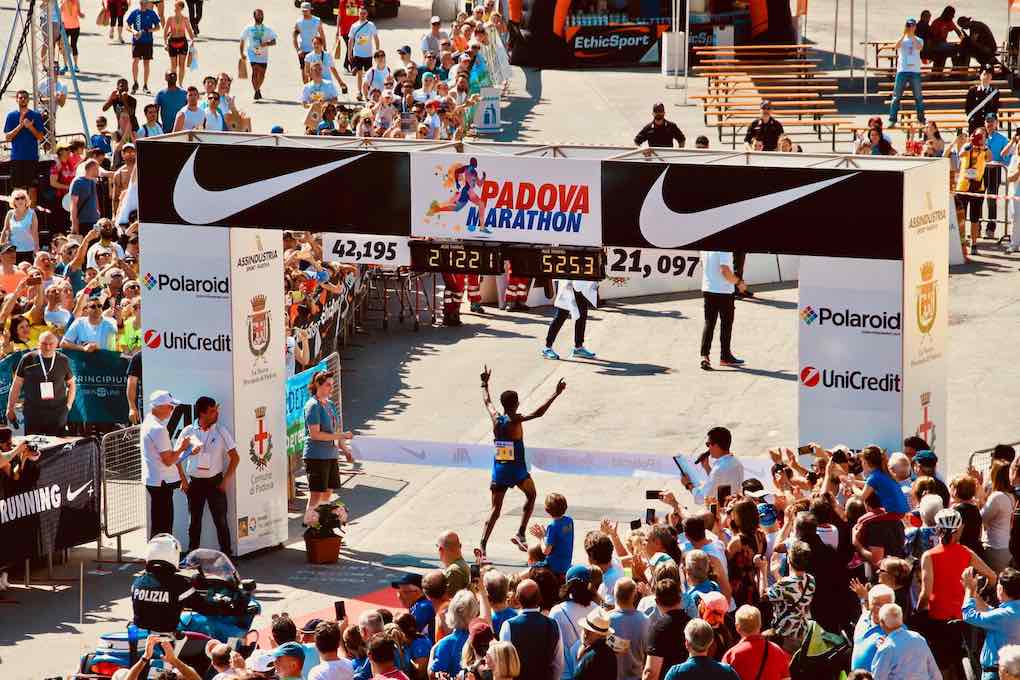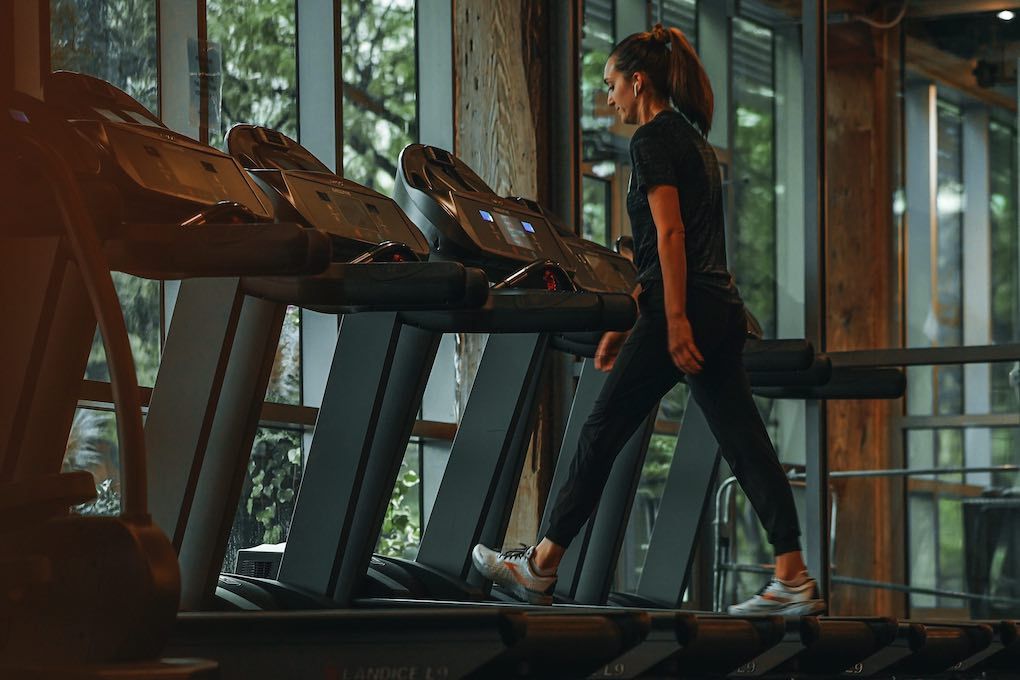Are you wondering how long it would take you to walk 20 miles? The answer may vary depending on your walking speed and the terrain you will be covering. In this article, we'll provide all the information you need to estimate the time it would take to complete this distance. Let's lace up those shoes and get ready to hit the road!
Key Takeaways:
- On average, it takes approximately 4-7 hours to walk 20 miles at a moderate pace of 3 miles per hour.
- Walking speed is affected by various factors such as fitness level, terrain, weather conditions, and body weight.
- To prepare for a 20-mile walk, train regularly, use proper walking shoes, plan your route, and pack essential items like water and a balanced meal.
How Long Does it Take to Walk 20 Miles?
- To calculate walking time, consider the average walking pace of 3-4 miles per hour.
- For a distance of 20 miles, at an average speed of 3 miles per hour, walking would take approximately 6 to 7 hours.
- One can estimate walking time by dividing the distance by the average pace.
- For a true story, a friend once walked 25 miles in 9 hours during a charity event, maintaining a consistent average pace of 2.8 miles per hour.
Factors That Affect Walking Speed
When planning a 20-mile walk, it's essential to have a realistic estimate of how long it will take. However, the time it takes to walk 20 miles can vary greatly depending on various factors. Let's discuss the factors affecting your walking speed and the time it takes to complete a 20-mile walk. We will explore how your fitness level, the terrain and elevation of your route, weather conditions, and body weight can impact your walking speed and overall time. By understanding these factors, you can get a more accurate estimate of how long it will take to complete a 20-mile walk and plan accordingly for your physical fitness and weight loss goals.
#1 Fitness Level
- Evaluate personal fitness levels to determine current aerobic and cardiovascular fitness.
- For a fit hiker, walking 20 miles at a moderate pace of 3 mph takes 6-7 hours.
- An average hiker might complete the same distance in 5-6 hours, while a beginner hiker may take 7-8 hours.
#2 Terrain and Elevation
- Choose pleasant walking routes with minimal inclines for a relaxed pace.
- Opt for a moderate walking pace on even terrains to maintain a steady and comfortable speed.
- For brisk walking speed, select level paths to sustain a fast pace consistently.
- In case of Adverse Weather Conditions, adjust your walking speed to ensure a safe and comfortable pace.
#3 Weather Conditions
- Check the weather forecast before starting your walk to prepare for adverse weather conditions.
- In cold weather, wear appropriate clothing and consider the impact on walking speed.
- Bad weather can significantly affect walking speed, so plan accordingly and be cautious.
Adverse weather conditions, such as heavy rain or strong winds, can reduce walking speed by as much as 20%.
#4 Weight and Body Composition
- Body weight: Heavier individuals may take extra time, averaging around 4.5 mph, compared to lighter individuals who can walk at about 5 mph.
- Calorie burn: Carrying additional weight can increase calorie burn, making it the ideal choice for weight loss.
To optimize walking performance, maintain a healthy body weight and composition. Shedding extra pounds can enhance walking speed and endurance while reducing the risk of injury.
How to Prepare for a 20-Mile Walk
Walking 20 miles may seem daunting, but with proper preparation, it can be an enjoyable and rewarding experience. Let's discuss the key steps to prepare for a 20-mile walk: regular training, investing in proper walking shoes, planning your route, and packing essential items. Following these tips ensures that your 20-mile journey is comfortable, safe, and fulfilling. So, let's get ready to hit the road and embark on this challenging yet fulfilling adventure!
#1 Train Regularly
- Engage in a regular walking routine, gradually increasing the distance to include 6 to 10 miles of daily walks.
- Participate in charity walks to acclimate to longer distances and varied terrains, complementing your regular walking segments.
#2 Invest in Proper Walking Shoes
- Research: Identify comfortable footwear that matches your foot structure and walking style.
- Fit: Ensure proper arch support and ample toe room for comfortable walking.
- Material: Choose breathable and lightweight shoes for long walks to prevent discomfort.
- Break-in Period: Initially, wear the shoes for shorter walks to get used to them before the 20-mile walk.
Comfortable footwear can reduce foot fatigue during 20-mile charity walks, allowing her to finish the distance strongly.
#3 Plan Your Route
- Plan a route that covers 20 miles of distance, considering variations in terrain and elevation.
- Estimate the time required based on your average pace, approximately 20-to-30-minute range per mile.
- Factor in the miles in minutes or miles kilometers conversion to plan accurately.
- Ensure your pace aligns with an efficient minutes per kilometer rate to cover the distance comfortably within the ballpark range of your walking session.
- Pack Essential Items
- Water Bottles: Carry at least two water bottles to stay hydrated during the walk.
- Glass of Water: Drink a glass before walking to ensure proper hydration.
- Plenty of Water: Ensure you can access enough water along the route to avoid dehydration.
- Balanced Meal: Pack a meal with a good balance of nutrients and energy-boosting snacks to fuel your body during the 20-mile walk.
Average Time to Walk 20 Miles
Walking is a simple and accessible exercise that can provide numerous health benefits. But when walking longer distances, such as 20 miles, many people wonder how long it will take. Let's explore the average time it takes to walk 20 miles, considering various factors such as pace, age, and fitness level. So, let's dive in and discover the average walking time for 20 miles for different age groups and walking paces.
1. Walking at a Moderate Pace
- Begin with a warm-up to prevent injury and maintain a steady pace.
- Take regular breaks, hydrate, and refuel to sustain energy levels.
- Wear comfortable footwear and attire suitable for the weather conditions.
- Plan for a walking time of 4-7 hours at a moderate speed of 4 mph to cover 20 miles.
Incorporate interval training in your walking routine to improve endurance and speed.
2. Walking at a Brisk Pace
- Brisk Walking Pace: Walking at 4 mph, it should take approximately 5 hours to cover 20 miles.
- Brisk Walking Speed: Maintaining a consistent brisk walking speed is critical to completing a 20-mile walk in a timely manner.
Try incorporating interval training and strength exercises to improve walking speed. Additionally, utilizing a fitness tracker to track steps and set achievable goals can help increase your walking pace.
How long does it take to walk 20 miles on average?
The average person will take between 5 and 6 hours and 40 minutes to walk 20 miles at an average speed of 3-4 miles per hour. However, this time can vary depending on numerous factors such as age, fitness level, and terrain.
What is the average walking speed for 20 miles?
The average walking speed for 20 miles is between 3 and 4 miles per hour or 15-20 minutes per mile. It can also vary depending on age, gender, and fitness level.
How does walking benefit cardiovascular health?
Regular walking can help lower blood pressure and cholesterol levels, reducing the risk of heart disease and improving circulation. It is also a great form of aerobic exercise essential for maintaining optimal cardiovascular health.
Can walking 20 miles lead to a calorie deficit?
Yes, walking 20 miles can lead to a calorie deficit of around 2000 calories for the average person. It can help with weight loss and maintaining a healthy lifestyle when combined with a balanced diet.
Is there a recommended distance in miles per day for walking?
The American Heart Association recommends at least 10,000 steps per day, equivalent to about 5 miles. However, the amount of walking that is beneficial for each individual may vary based on their activity level and overall health status.



